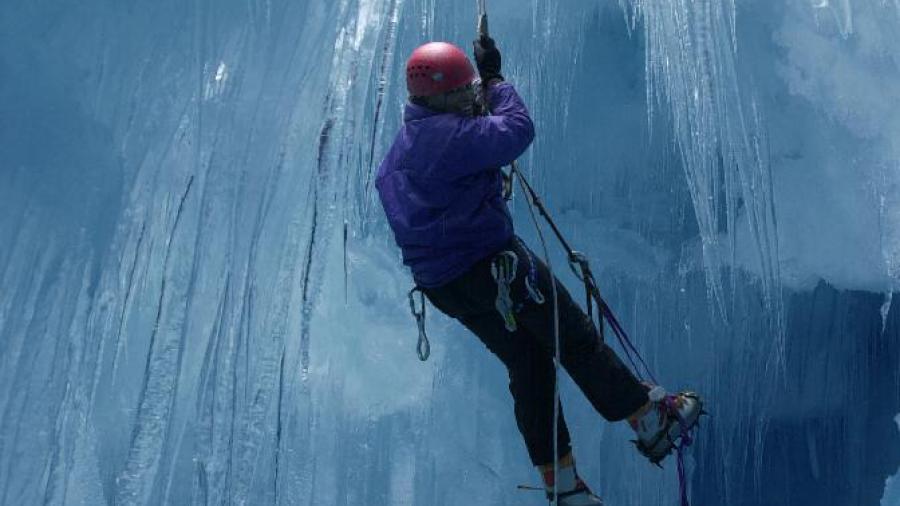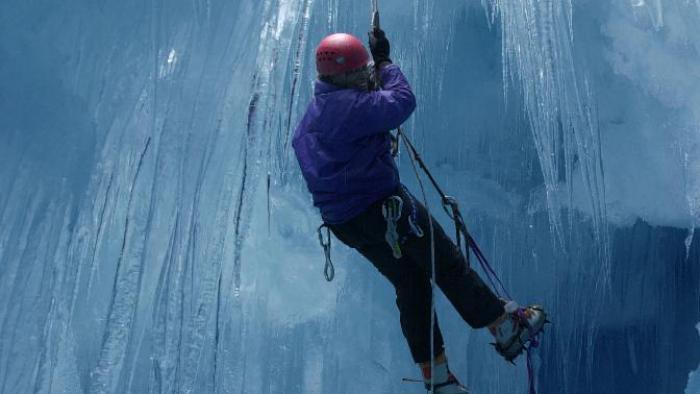
Lloyd graduated from Jesus College, Cambridge University in 1978 and obtained a PhD from Portsmouth University in 1983 on the optimum conditions for cultivating the European abalone, Haliotis tuberculata. At the end of this, he ate the animals he had grown and is one of the few scientists to have eaten their PhD. In 1984 he joined the British Antarctic Survey (BAS) as a postdoctoral Higher Scientific Officer. He progressed through the system to Programme Principal Investigator in 1999 and then Individual Merit Scientist in 2002. Over the last 20 years, he has led large-scale biological programmes at BAS of up to 30 people with science ranging from gene expression through cellular and animal physiology to population genetics, community and ecosystem ecology in mainly polar marine and terrestrial systems, but also throughout the globe.
He was the NERC Theme Leader for Biodiversity 2007-2009 where he co-ordinated and led the direction of UK biodiversity science funded by the research council. During the same period he gave advice to the government through membership of the UK Global Biodiversity Sub-Group (2008-2009) and the UK Biodiversity Research Advisory Group (2007-2009).
He was Deputy Chair of the Cambridge Earth Sciences Doctoral Training Programme from 2012 to 2017 with responsibilities for a total of over 100 PhD students.
His achievements were recognised by the award of a Polar Medal in 2009, the PLYMSEF Silver medal in 2015 and an Erskine Fellowship at the University of Canterbury, Christchurch in 2016-2017.
